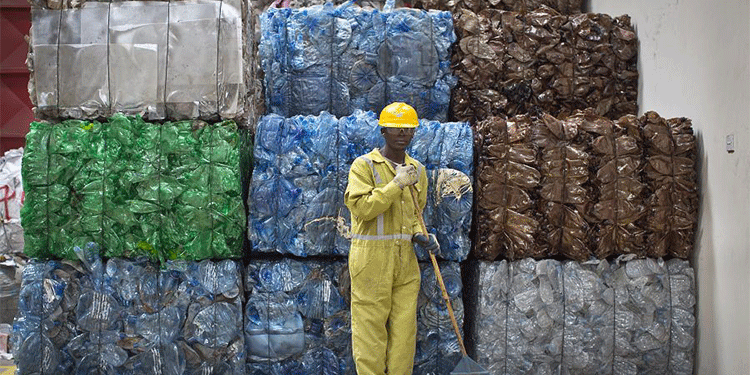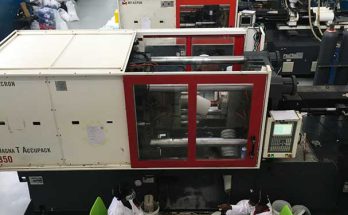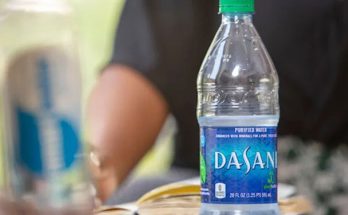 After the African nation imposed a groundbreaking law in 2017 on the use, production and importation of plastic baggage as part of international efforts to reduce plastic waste, four engineers in Kenya’s capital saw a chance within the five hundred tons of plastic waste the city generates daily and based Gjenge manufacturers—a company that recycles first-rate plastic bottles and oil.
After the African nation imposed a groundbreaking law in 2017 on the use, production and importation of plastic baggage as part of international efforts to reduce plastic waste, four engineers in Kenya’s capital saw a chance within the five hundred tons of plastic waste the city generates daily and based Gjenge manufacturers—a company that recycles first-rate plastic bottles and oil.
Nzambi Matee, a co-founder of Gjenge Makers clarifies the progress made in doing this.
“So initially, we collected plastic waste and sold them to recyclers. It was in six months later that we were accumulating in excess of what we had to offer the waste which we could sell. Now, when we have determined exactly what could be done with all remaining additional plastics, as value-added measures, how we will improve if the company is able to introduce any good to the world using plastic waste”.
Gray pavers sell for around 8 euros per square meter, while colored pavers sell for around 10 euros.
Matee explains the reasoning behind the ecologically sustainable operation, “if the producers have packed soft drinks or whatever commodity they are packing, once the customer has finished the product, they have little more to take than a litter box. And so, with that, we decided why don’t we make a plug where instead of making plastic go to the dumpsite, we intercept it on the way, and that’s why we started to do company.”
Subsequently the waste is degraded into small pellets, sorted according to color, mixed with sand and the selected color pigment. The product is then bared upon entering the manufacturing line where they are manufactured and deposited into hydraulic presses.
“The Mukuru Slums Development Projects Program Coordinator, Ann Muthoni shared some inside data, “we previously utilizing the ballast but most of the training people criticized the ballast was damaging their shoes so we find Gjenge pavers very kind to them.” Walking on them appears that they are walking on rubber*”
Gjenge Makers can then create, with homeowners and schools as patrons, up to 1,500 bricks a day.



